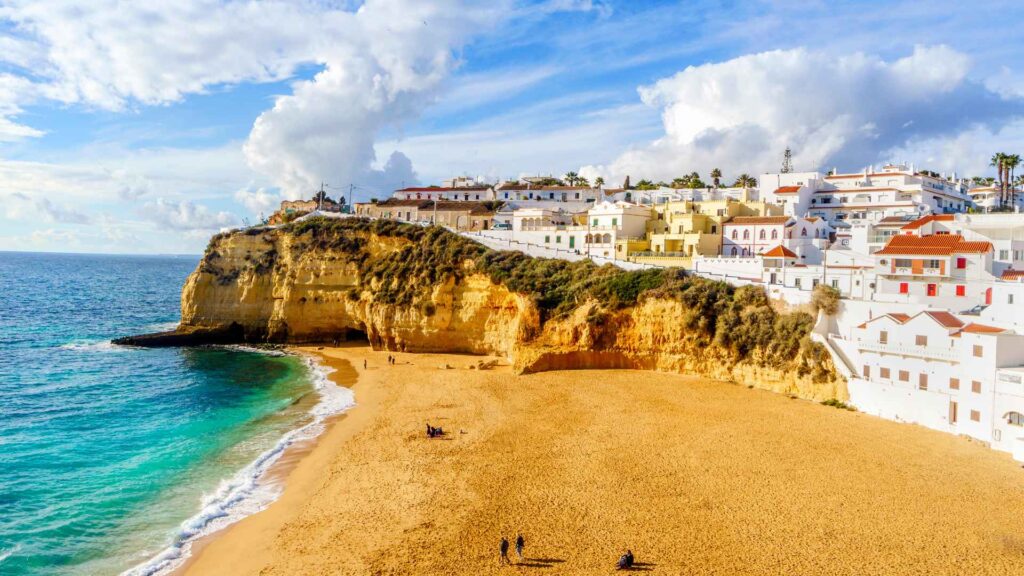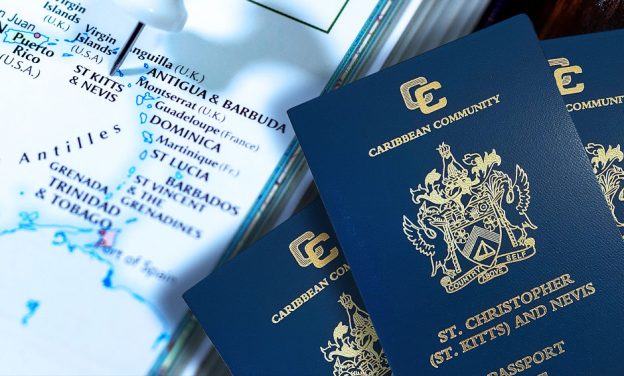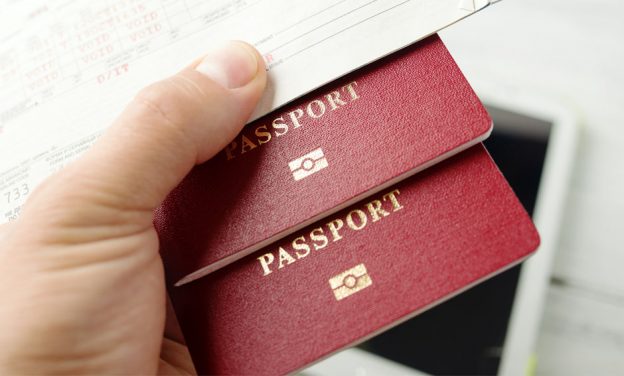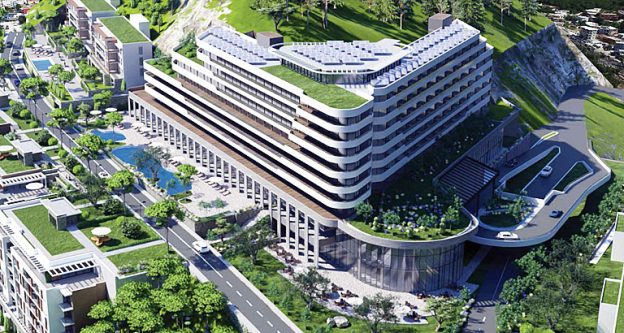Portugal continues to shine as one of Europe’s most attractive destinations for investors, entrepreneurs, and expats seeking both lifestyle upgrades and long-term security. The cost living in of Portugal plays a pivotal role in this appeal. Even though prices are climbing in major cities, Portugal still offers a balance of affordability, safety, and opportunity that few other Western European countries can match.
From Lisbon’s buzzing energy to the Algarve’s coastal calm, Portugal provides diverse lifestyles for global citizens. Yet cost-of-living realities can vary widely depending on region, lifestyle, and long-term goals—especially if citizenship is part of your plan. For investors, the Portugal Golden Visa remains the most powerful pathway to residency and, ultimately, a European passport.
Portugal in Context: Why the Cost of Living Still Appeals
In 2025, Portugal’s cost of living structure continues to undercut its European neighbors. While inflation has driven up prices in Lisbon and Porto, the country remains affordable compared to Paris, London, or even Barcelona. For Americans, the comparison is even starker: most day-to-day expenses in Portugal remain about 30–40% cheaper than in major U.S. cities.
The attraction is not just affordability. Portugal’s strategic location at the crossroads of Europe, Africa, and the Atlantic makes it an ideal base for entrepreneurs and investors. Add in political stability, a high safety ranking on the Global Peace Index, and access to the EU single market, and the cost of living in Portugal looks like a solid tradeoff for what you gain.
Housing Costs Across Portugal
Accommodation is the largest budget item for most expats. Portugal’s property market remains varied, with distinct differences by region.
- Lisbon: The capital demands premium prices, with one-bedroom apartments in the city center averaging around €1,400 monthly. Purchase prices exceed €6,400 per square meter. Upscale neighborhoods like Chiado or Príncipe Real often carry an additional premium.
- Porto: Known for culture and charm, Porto is more affordable. A one-bedroom averages €1,000 monthly, with purchases near €4,000 per square meter.
- Algarve (Faro, Lagos, Albufeira): The Algarve blends coastal beauty with affordability. Rents range from €900 to €1,200, and property averages €3,200 per square meter. Seasonal demand from tourists, however, can push short-term rental prices higher.
- Inland Portugal: Coimbra, Évora, or Braga present hidden gems where you can rent a one-bedroom for €600–€800 and buy property for under €2,500 per square meter. For investors, these regions often deliver higher lifestyle value for lower costs.
2025 trend: Short-term rental regulations are tightening to address housing shortages, which may ease rental markets in Lisbon and Porto over time.
Monthly Expenses and Utilities
Utilities in Portugal remain manageable but can add up in winter in the north.
- Electricity, water, waste, heating: €100–€140 per month.
- Internet and TV packages: €40–€60 monthly.
- Mobile data: about €18–€25 monthly.
Energy-efficient appliances and well-insulated properties help reduce heating bills, particularly in northern Portugal, where winter dampness raises costs.
Food and Groceries
Portugal’s food costs reflect the country’s agricultural abundance. Local markets overflow with fresh vegetables, seafood, and wine at prices that feel like a luxury bargain compared to the U.S. or northern Europe.
- Fresh bread: €1.30–€1.50
- Eggs (12): €2.70–€3.00
- Bottle of quality wine: €4–€7
- Coffee in a café: €1.20
- Lunch menu (prato do dia): €10–€12
Dining out: Lisbon’s fine dining scene rivals Europe’s best, with Michelin-star restaurants charging €100–€150 per person. Yet Portugal still offers the rare luxury of affordable local dining—seafood rice for two at a seaside café rarely exceeds €35.
2025 trend: Imported specialty goods like organic nut butters, foreign cheeses, or Asian spices carry higher price tags, making them one of the few “expat premiums” in the grocery basket.
Transportation and Mobility
Portugal’s transportation network remains efficient and inexpensive.
- Monthly public transit pass (Lisbon/Porto): €40
- Taxi base fare: €3.50
- Ride-hailing (Uber/Bolt): often cheaper than taxis
- Porto–Lisbon train: €20–€55 depending on service level
- Domestic flights: €120–€250 round-trip for Lisbon–Madeira
Car ownership costs—insurance, fuel, parking—add significantly to monthly expenses. Fuel prices hover around €1.80 per liter, so expats living in rural areas often find their transport budget higher than city dwellers who rely on public transit.
Healthcare Costs
Healthcare is a strength in Portugal. The public system (SNS) is accessible to residents, but private coverage ensures faster service and English-speaking doctors.
- Public consultation fee: €5–€20
- Private insurance: €40–€500 monthly
- Private GP visit: €50–€100
Portugal consistently ranks among the top healthcare systems in Europe, offering peace of mind for expats and retirees alike.
Comparing Cost of Living in Portugal vs. the United States
The cost of living in Portugal is substantially lower than the United States across nearly every category:
- Housing: Rent in Lisbon is 60–70% cheaper than in New York.
- Dining: A mid-range dinner for two costs €35 versus $70–$80 in the U.S.
- Transportation: Lisbon’s public transport pass costs €40, compared to $132 in New York.
- Healthcare: A private insurance plan costs less than a fraction of U.S. premiums.
The difference allows expats to maintain a comfortable lifestyle at a fraction of the American cost of living.
Taxes and Residency
Portugal taxes residents on worldwide income if they spend more than 183 days in the country annually. Rates range from 13% to 48%. High earners face solidarity surcharges.
The end of the Non-Habitual Resident (NHR) program for new applicants has reshaped tax planning. The 2025 replacement, IFICI, provides a 20% flat tax on certain professional income, but its strict eligibility makes it unsuitable for most expats.
For Golden Visa holders, this matters less. The program requires minimal time spent in Portugal each year, meaning many investors avoid tax residency unless they choose otherwise.
Portugal Golden Visa in 2025
The Portugal Golden Visa remains the premier residency-by-investment option for global citizens. While real estate is no longer eligible, several strong pathways remain:
- €500,000 investment in Portuguese businesses creating jobs.
- €500,000 in approved funds outside real estate.
- €500,000 contribution to scientific research.
- €250,000 donation to cultural or heritage projects.
The Golden Visa grants residency and visa-free Schengen access, with citizenship eligibility after five years. This timeline remains among the fastest in Europe.
Lifestyle Variations by Region
Understanding the cost of living of Portugal also means understanding lifestyle geography:
- Lisbon: Dynamic, cosmopolitan, higher costs, but ideal for entrepreneurs.
- Porto: More affordable, cultural richness, popular with younger expats.
- Algarve: Resort-style living, pricier in tourist hubs but affordable inland.
- Smaller cities (Braga, Coimbra, Évora): Significantly lower costs, slower pace, strong community feel.
Expats often reduce monthly living costs by 20–30% when choosing inland cities instead of Lisbon or the Algarve.
Frequently Asked Questions
What’s the average monthly cost for a single expat?
Between €700 and €1,600, excluding rent.
What about families?
A family of four can expect €2,500–€3,500 monthly, depending on city and lifestyle.
Is Portugal’s cost of living increasing?
Yes, especially in Lisbon and Porto. Inflation and expat demand have raised prices, but costs remain far below Western European and U.S. averages.
What is the average salary in Portugal?
In 2025, around €1,525 gross monthly, or €24,878 annually, typically divided into 14 monthly payments.
Why Portugal in 2025 Is Still a Strategic Move
Portugal offers investors and expats one of Europe’s best combinations: affordable living, safety, quality healthcare, and a fast-track to EU citizenship. While costs have risen in the last decade, the cost of living in Portugal still compares favorably with almost any Western alternative.
For those who view residency as more than just a lifestyle decision, the Golden Visa offers access to Europe, freedom of movement, and one of the world’s strongest passports in just five years. That makes Portugal not only a lifestyle play but also a strategic investment.
At Apex Capital Partners, we work directly with governments and programs—not third-party brokers—to ensure your path to the Golden Visa is secure and efficient. With decades of expertise, we help investors build strategies that match both their financial objectives and lifestyle goals.
If your vision of global freedom includes a European base, Portugal in 2025 remains one of the smartest choices you can make.






